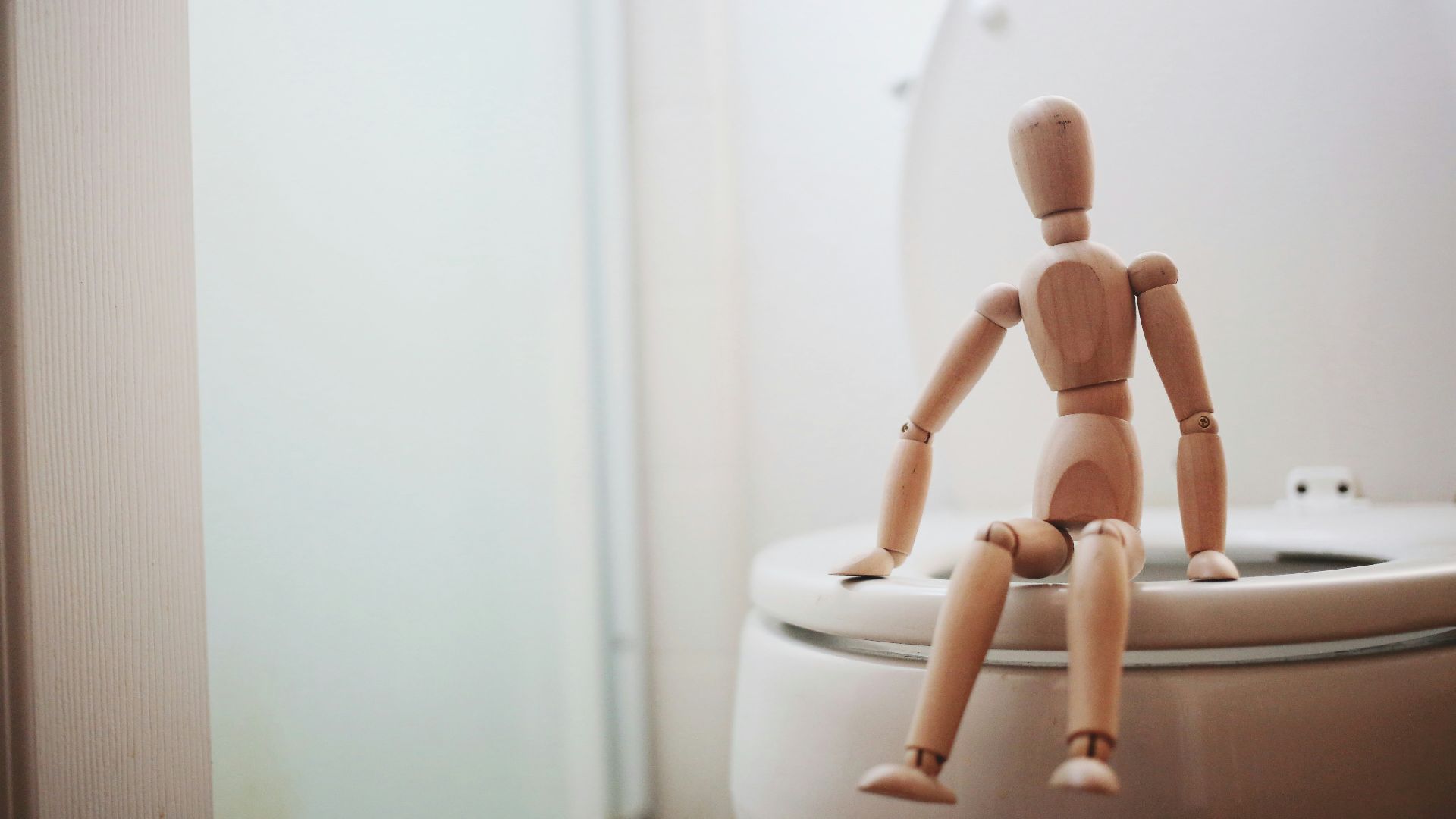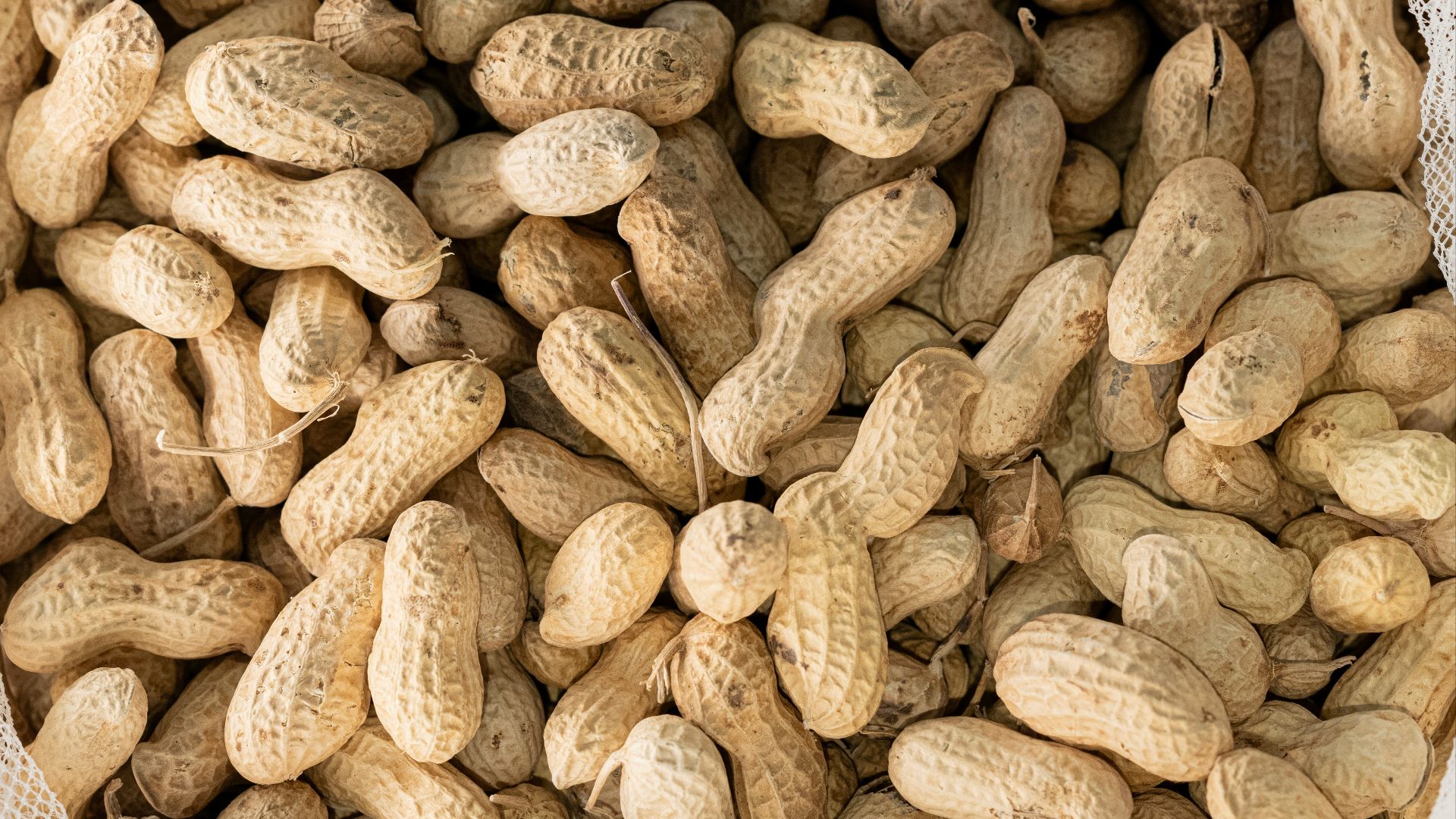Listen to Your Gut
Given the complex network of nerve cells that line your digestive tract, it has earned itself the nickname "the second brain". The gut-brain connection doesn't just stop at surface similarities, though, and the conscious choices you make about what ends up on your plate can have lasting effects on your overall health. As it turns out, it pays—literally—to listen to your gut. But how? Here are 10 signs of an unhealthy gut and 10 simple ways to fix your diet.
1. Poor Digestion
Frequent gas, bloating, abdominal pain, constipation, or diarrhea could indicate a problem with your gut health. You may also experience heartburn, which may be accompanied by acid reflux. All of these irregularities could point to poor digestion, difficulty breaking down foods, and eliminating waste.
2. Changes in Bowel Habits
If your bowel habits fluctuate in both frequency and consistency, you might not be able to immediately catch if something's not quite right. But generally, your stools should be solid yet soft enough to pass. As for frequency, you should be having a bowel movement anywhere between three times a day to three times a week.
3. Skin Issues
Poor gut health may also translate to skin issues, like acne, rosacea, eczema, or psoriasis. This is because an imbalance of bacteria—and lower concentrations of good, beneficial bacteria—may trigger your immune system to react, causing your skin to flare up.
4. Frequent Fatigue & Trouble Sleeping
Research suggests that chronic fatigue could be linked to an imbalance in the gut, with one study finding that nearly half of those struggling with exhaustion also had irritable bowel syndrome (IBS).
Poor gut health could also impact sleep and may cause insomnia; nearly 95% of your body's serotonin is produced in the gut, so inflammation could end up affecting your mood and rest quality.
5. Migraines
Interestingly enough, those who experience frequent migraines might also have an unhealthy gut. This is especially more so if you experience nausea and vomiting along with these splitting headaches. And while there's no distinct link, studies have also found that those with migraines are more likely to have gut disorders, like IBS, as well.
6. Extreme Food Cravings
Extreme food cravings could also lead to poor gut health. Eating too many processed snacks and especially sweets can decrease the "good" bacteria present in your microbiome, and conversely increase the amount of "bad" bacteria. Plus, research also suggests that high-sugar diets put you at more risk of inflammation, which could lead to serious health diseases, including cancer.
7. Unintentional Weight Loss or Gain
A bad gut doesn't just lead to poor digestion; it can also impair the way your body absorbs nutrients, regulates blood sugar, and stores or utilizes fat. Over time, bacterial overgrowth or nutrient deficiency can cause unintentional weight gain or loss.
8. Mood Swings
The gut-brain connection may also affect your mood. Those with poor gut health or inflammation in the central nervous system could potentially be diagnosed with certain mental health conditions, like anxiety and depression.
Introducing probiotics to your diet, in turn, may help.
9. Autoimmune Issues
Over time, an imbalanced or poor microbiome could lead to the development of autoimmune disorders, like rheumatoid arthritis, ulcerative colitis, multiple sclerosis, and type 1 diabetes. One study stated that this was due to Bacteroides fragilis, a particular gut bacterium, which produces a protein that triggers the onset of these conditions.
10. Food Allergies & Sensitivities
Food intolerances, marked by the inability of your gut to break down certain foods, may be due to an imbalanced microbiome and the presence of "bad" bacteria. When your body struggles to digest these foods, you may experience symptoms like bloating, gas, nausea, abdominal pain, and diarrhea. Food allergies, on the other hand, are caused by an immune system reaction, and some research suggests more serious sensitivities could be linked to an unhealthy gut.
What, then, are some simple ways to fix your diet and strengthen your gut? Here are 10 quick tips.
1. Practice Mindful Eating
Eat slowly. It sounds easier said than done, especially when you're particularly hungry. But practicing mindful eating and chewing more slowly allows you to better understand your fullness cues, which can lead to making healthier choices and promote weight loss.
 Pablo Merchán Montes on Unsplash
Pablo Merchán Montes on Unsplash
2. Limit Sugar
It's no shock that a high-sugar diet can have detrimental effects, such as triggering the development of various autoimmune disorders.
Instead of reaching for a sweet treat to satisfy your craving, go for fruits instead.
3. Add Probiotics
Probiotics are live microorganisms that increase the amount of "good" bacteria in the gut, allowing less room for harmful ones to grow. Fermented foods naturally contain probiotics, such as yogurt, kefir, kimchi, and miso. You can also take supplements to boost the number of these microorganisms, but make sure you chat with your doctor first.
4. Drink Plenty of Water
Our bodies are made up of roughly 60% water, so staying hydrated not only supports a healthy gut but also contributes to our overall health. You should aim to drink at least eight cups of water a day, though this minimum depends on your gender, age, weight, activity level, and whether you're pregnant or breastfeeding.
5. Exercise Daily
You should aim to exercise at least 30 minutes a day. Any activity that gets you moving and heart pumping will do, such as walking, running, yoga, or more intense routines at the gym. Research also suggests that regular workouts increase the amount of "good" bacteria in your gut.
6. Shop Smart
When making your weekly grocery run, make sure to shop smart by choosing foods that support a healthy, nutritious diet. Try to cook more at home rather than eating out or getting food delivered, as this allows you to have more control over what ingredients you're putting in your body.
7. Reduce Stress
It isn't just that stress might trigger more cravings or cause you to overindulge. It's also because your body releases certain hormones when you're worn out and frazzled, and stress can cause food to move quicker or slower through your digestive tract, leading to inflammation.
8. Get More Sleep
Getting enough shut-eye is crucial for reducing fatigue and stress. You should aim to get at least six to eight hours of uninterrupted sleep every night. Proper rest can help reset your gut microbiome and ensure it won't negatively impact your overall health.
9. Choose Fiber-Rich Foods
If you don't have regular bowel movements or frequently experience constipation or diarrhea, let it be a sign to incorporate more fiber-rich foods into your diet. Dietary fiber gets fermented in the gut and promotes a healthy microbiome by feeding the "good" bacteria. Its main job is also to soften your stools so that they're easier to pass.
10. Cut Back on Processed Snacks
Not only should you cut back on sugar, you should also stop adding processed foods to your grocery cart. Overconsumption of these unhealthy snacks can cause inflammation and change your gut microbiota. This could lead to chronic health conditions, like diabetes and cardiovascular disease.
KEEP ON READING

Calm The Mind: 20 Benefits Of Meditation

20 Foods To Reduce Inflammation Naturally

























